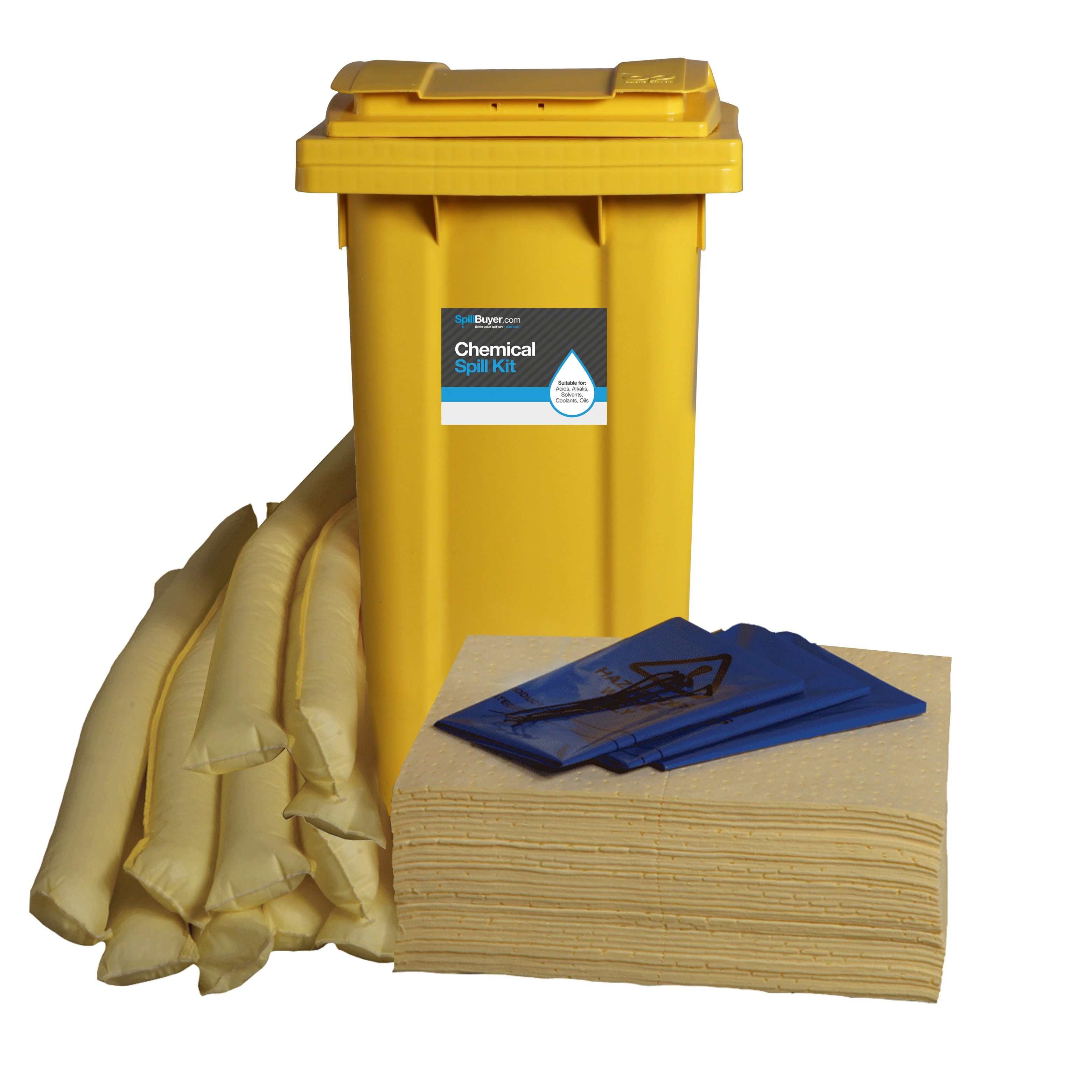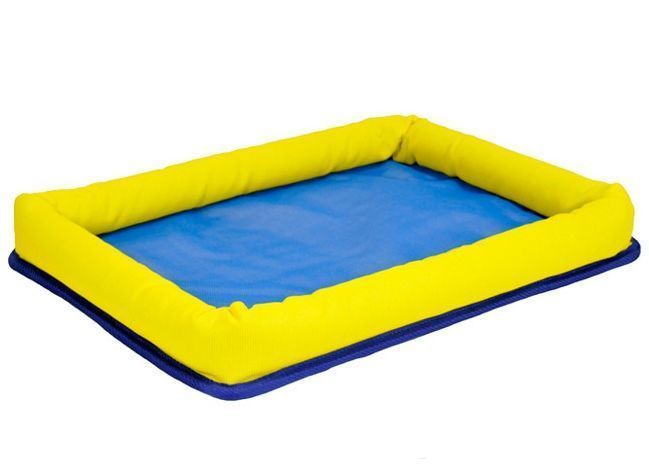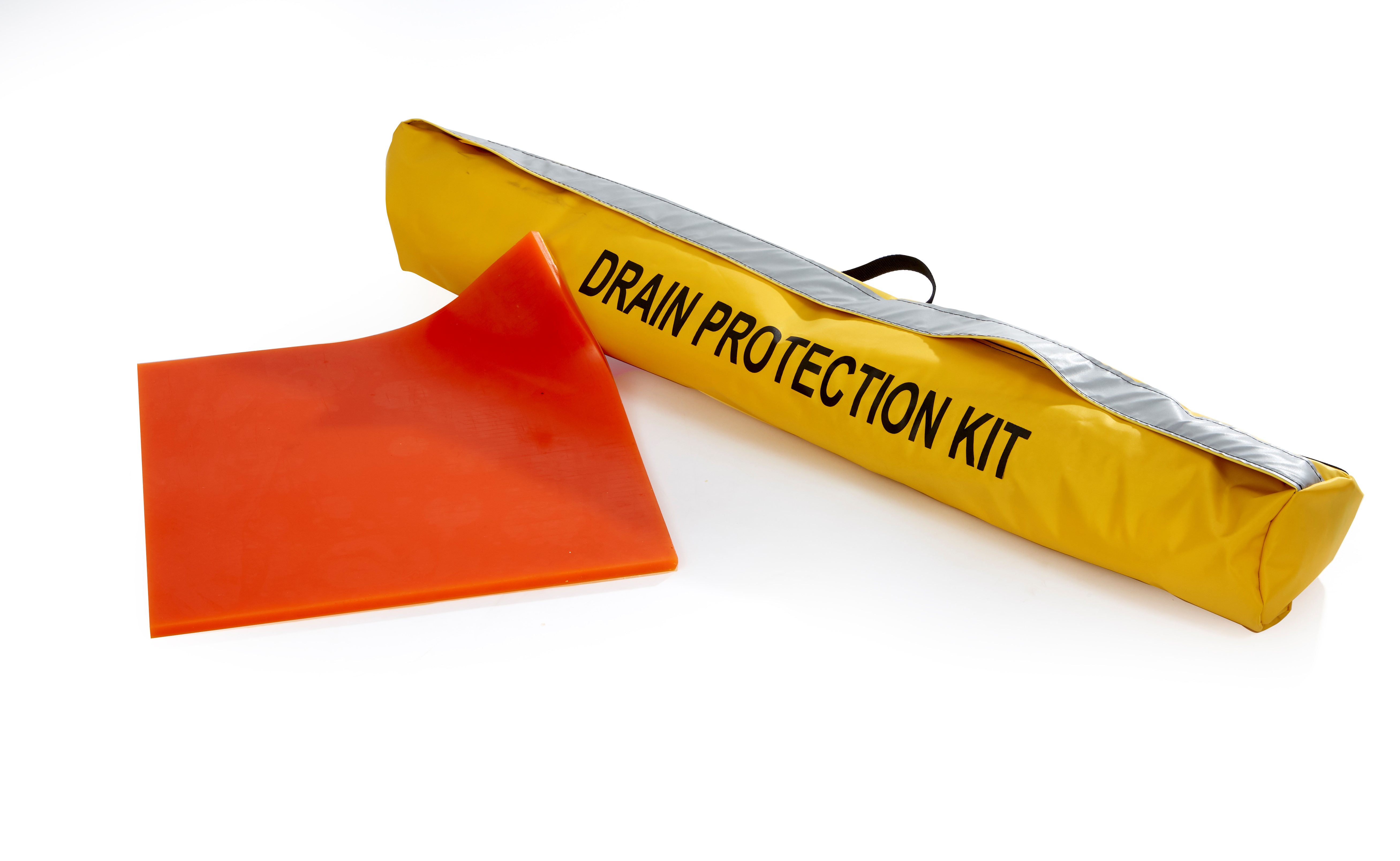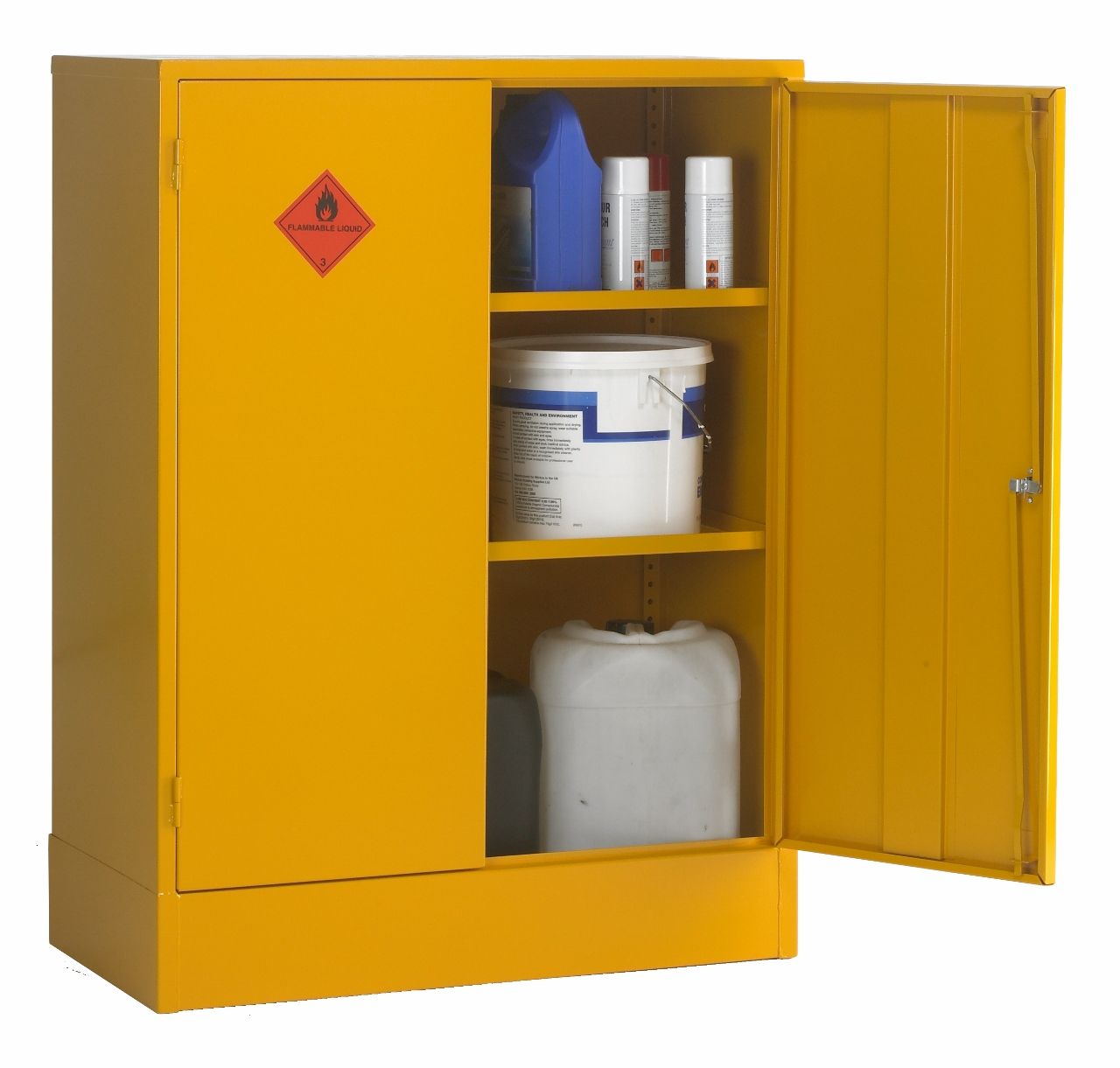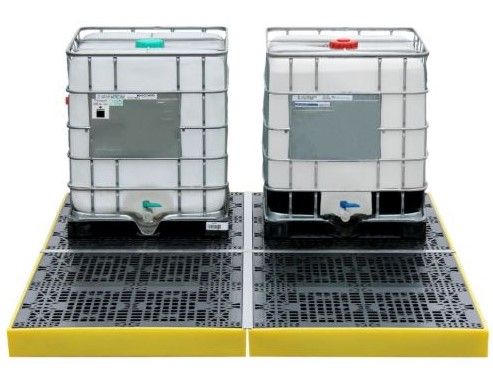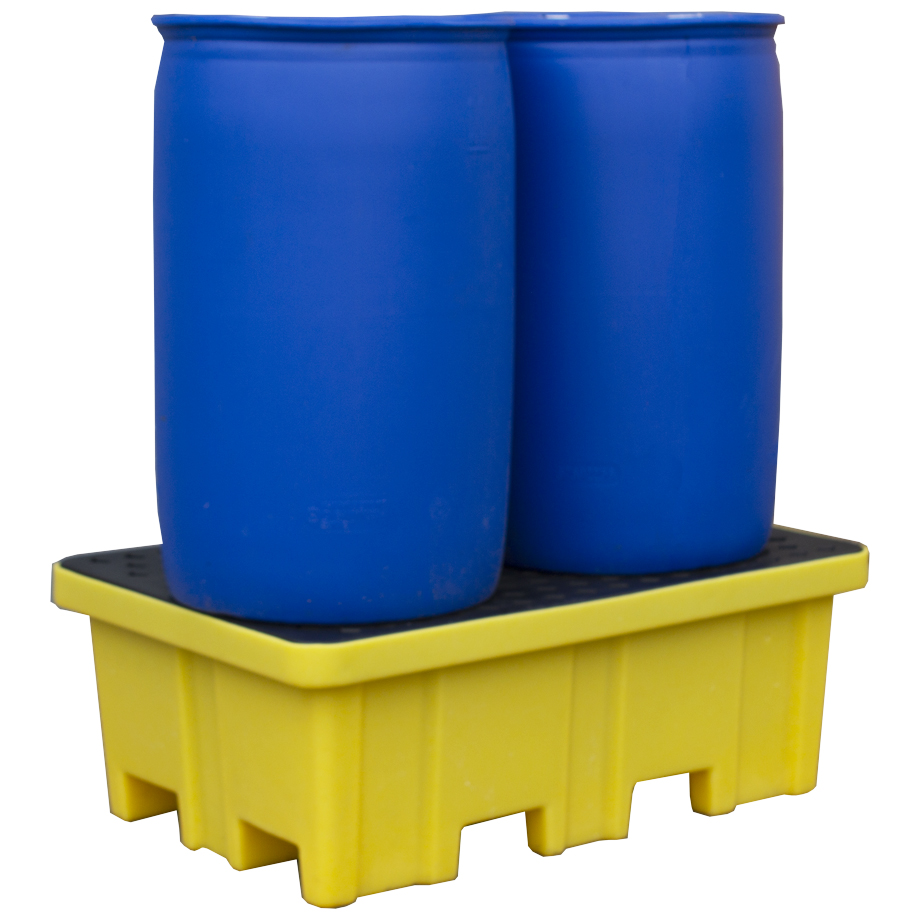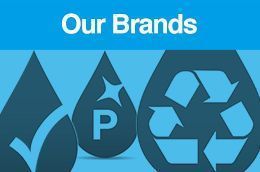When it comes to keeping your employees safe in the workplace, prevention is always better than cure - but at the same time, accidents will always happen, and it is important to have the right first aid equipment and measures in place to ensure that those affected receive the attention they need.
The Health & Safety Executive (HSE) reports that 1.7 million working people suffered from a work-related illness during 2020-21, with a further 441,000 working people sustaining an injury at work. Having the right first aid equipment on site means that these illnesses and injuries can be prevented from getting worse, reducing the overall level of risk and potentially saving lives.
As such, every workplace needs to be aware of their first aid requirements, and make sure they plan proactively to equip their site with the right facilities to keep everyone adequately protected on site.
What are the legal requirements for first aid provisions?
As a basic rule, every workplace needs to have the following first aid provisions in place in order to stay compliant with the law:
- An on-site first aid kit, kept properly stocked with appropriate supplies
- A designated workplace first aider, who is responsible for making first aid arrangements
- Clearly accessible information and guidelines on workplace first aid protocols for all employees and site visitors
These basics apply to every business, but the quantity of these first aid provisions will naturally vary depending on the size of the organisation, as well as the level of risk involved in the work.
How many first aid kits are needed?
|
Workplace risk level |
Number of employees |
First aid kit required |
|
Low-hazard environments (such as offices and retail premises) |
1 to 24 |
1 small kit |
|
25 to 100 |
1 medium kit |
|
|
More than 100 |
1 large kit per 100 employees |
|
|
Hazardous environments (such as warehouses, engineering premises, construction sites, and locations with dangerous equipment and chemicals) |
1 to 4 |
1 small kit |
|
5 to 25 |
1 medium kit |
|
|
More than 25 |
1 large kit per 25 employees |
How many first aiders are required on site?
|
Workplace risk level |
Number of employees |
First aiders required |
|
Low-hazard environments (such as offices and retail premises) |
1 to 50 |
At least one member of staff with first aid responsibilities |
|
50 to 100 |
At least one specially trained first aider |
|
|
More than 100 |
One trained first aider for every 100 members of staff |
|
|
Medium-hazard environments (such as engineering sites, warehouses, food processing premises etc) |
1 to 20 |
At least one member of staff with first aid responsibilities |
|
20 to 50 |
At least one specially trained first aider |
|
|
More than 50 |
One trained first aider for every 50 members of staff |
|
|
Hazardous environments (such as construction sites and locations with dangerous equipment and chemicals etc) |
1 to 5 |
At least one member of staff with first aid responsibilities |
|
5 to 50 |
At least one specially trained first aider |
|
|
More than 50 |
One trained first aider for every 50 members of staff |
What should be included in a workplace first aid kit?

Workplace first aid kits are stocked according to one of two safety standards. The basic HSE-compliant first aid kit contains the following items:
- Sterile plasters of various sizes
- Sterile eye pads
- Triangular bandages
- Safety pins
- Wound dressings
- Disposable gloves
- A safety leaflet containing general first aid guidance
- Sterile cleansing wipes
- Adhesive microporous tape
- Face shields
- Foil blankets
- Burn dressings
- Clothing cutters
- Conforming bandages
BS kits are often available in specific configurations designed for the needs of particular applications, including personal injury kits, critical injury kits and travel/motoring kits.
How often should employers restock first aid kits?

In order to be effective, first aid kits need to be restocked regularly. Specifically, this means that your designated first aider should be checking the following:
- Does the kit contain a ready supply of all of the necessary items and equipment?
- Are all of the items within their expiration dates?
- Are all of the supplies functional? Are any of them damaged?
By checking up on this regularly, you can ensure that staff are always able to get the help they need when an accident or illness does occur.
Does my premises require an automated external defibrillator (AED)?
In addition to standard first aid equipment, more and more businesses are becoming aware of the benefits of also investing in AED equipment for their site. It is not currently a legal requirement to have an AED on site, but these tools can deliver a wide variety of benefits regardless of this.
Cardiac emergencies can happen at any time, in any line of work, and having an AED installed can be the difference between life and death. They are designed for ease of use by individuals with no medical training, allowing them to administer shocks to people suffering a cardiac arrest or similar emergency. These tools function by first analysing whether the patient in question has a “shockable” heart rhythm, and will not work if this is not the case, meaning they are almost impossible to use incorrectly.
Although a certain amount of guidance or training is still recommended before using an AED, their user-friendly design means that they are widely seen as a valuable and lifesaving addition to any first aid setup.
What are the advantages of wall-mounted first aid points?
First aid points can play a key role in this. These wall-mounted boards allow you to consolidate all of your first aid supplies - including your first aid kit, burns kit, eye wash solutions and AED - in the same place, with a high-impact visual design. In addition to wall-mounted options, free-standing site boards for first aid equipment are also available.
First aid points deliver the following benefits:
- Visibility - these first aid points are colourful and eye-catching, making them easy to notice and locate in an emergency
- Accessibility - first aid points keep all of the equipment clearly organised and easy to reach, making it easy to find what is needed
- Transparency - the central location of first aid points makes it easy to keep track of whether or not first aid supplies are adequately stocked
- Communication and monitoring - in addition to first aid supplies, these boards can also be used to display crucial safety warnings and messages, as well as information on how to contact the designated first aider, and how to log accidents
- Branding - first aid points can be customised to include your company logo, and communicate key safety messages that are specific to your workplace
By investing in the right equipment at the right time, you can ensure that you are meeting all of the necessary legal requirements around workplace first aid, and take a significant step towards keeping all of your employees and site visitors safe and protected.
To find out more, browse our full range of first aid equipment, or learn more about how to order one of our branded first aid stations for your workplace. If you have any questions, give SafetyBuyer a call today on 0800 043 1061. Over 12,000
Over 12,000  Simple no quibble
Simple no quibble  Prompt dispatch &
Prompt dispatch &  UK Mainland Delivery
UK Mainland Delivery 






